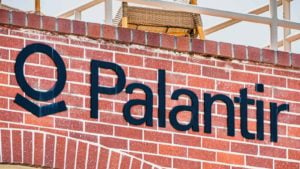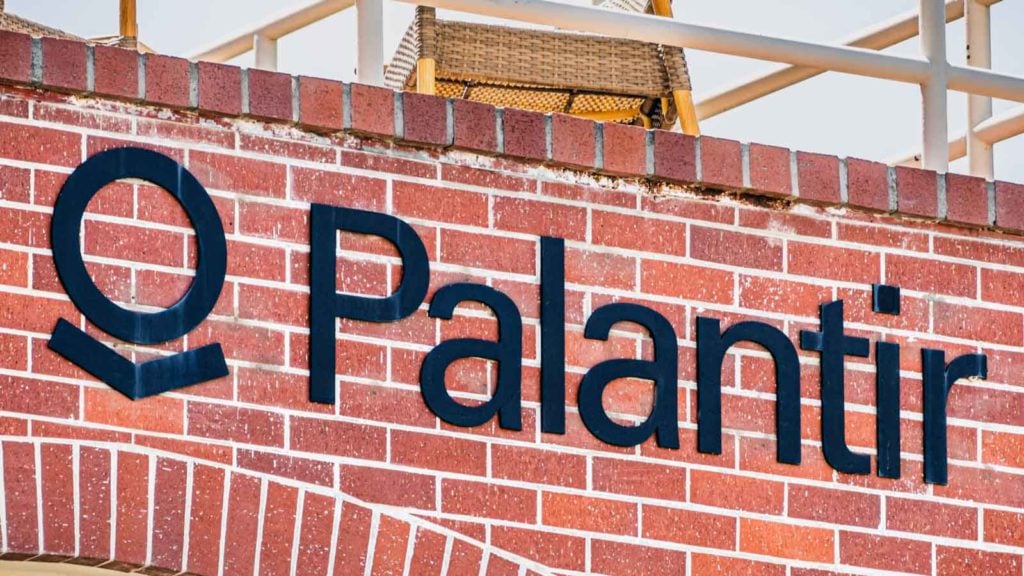Palantir Technologies (NYSE:PLTR) reported excellent earnings on Nov. 12 for Q3. PLTR stock should do quite well over the next year if it continues to roll out reports like this.

Moreover, Palantir seems to be on a path to generate positive free cash flow. Once it does that PLTR stock will be on a path to move even higher.
For example, Palantir’s revenue rose 52% year-over-year and its adjusted operating income was $73.1 million in Q3. Moreover, the company now expects that its Q4 revenue will be up to 31% higher than last year. In addition, it forecasts $44 to $50 million in adjusted operating income.
In my last article on Palantir, I talked about the company’s contrarian attitude towards the typical Silicon Valley mindset. They go against the grain, so-to-speak, in that they are one of the few dedicated defense and law enforcement software companies.
Now the company is talking about “momentum” in its operations, despite its focus on an area that is not typical for Silicon Valley. For example, Palantir expects 2020 full-year revenue will be up 44%, and next year it will grow 30%
In addition, the company just reported it just won a $300 million contract, its largest ever. Keep in mind that the company expects that its annual revenue this year will be $1.07 billion. Therefore, even if this is a 5-year contract, it will represent 6% of the company’s ongoing sales, and more if the contract term is less.
Free Cash Flow Growth and PLTR Stock
So far this year Palantir has generated $285.8 million in negative free cash flow. That is an average of about $95 million in cash outflow each quarter. However, in Q3 the cash burn improved significantly.
For example, free cash flow (FCF) was only negative $52 million. This was less than half the negative $113 million FCF during Q1 and Q2.
Moreover, as operating margins improve with higher revenue growth, this will lead to higher free cash flow growth. Already so far this year Palantir has reduced its negative FCF year-over-year in the first nine months of the year.
Negative FCF has fallen by $225 million (44%) this year to just $285.8 million, as revenue rose by $257 million to $770.6 million. In other words, 87.5% of gain in revenue went was profitable as positive FCF.
Therefore, it might be possible to see one or two quarters next year where FCF turns positive or is close to that. For example, if revenue grows by 30%, or over $307 million (i.e. 30% of $1.07 billion) next year, 85.7% of that will be positive FCF, or $268 million. That is almost equal to the negative $285 million in negative FCF so far this year.
This will have a great effect on PLTR stock since it will lead to a positive FCF yield, that is, FCF divided by market value. The point is that the market will anticipate higher and positive FCF.
I suspect that over the next several years PLTR will take on a reasonable yield as its FCF turns positive with fast revenue growth.
What to Do With PLTR Stock
Analysts are starting to wonder about the high $33 billion market capitalization for PLTR stock. For example, in the past month to Nov. 20 alone, the stock has skyrocketed over 98%.
That may be too much too fast. It puts the stock at a price-to-sales ratio of 33 times this year’s sales and 23.7 time next year’s.
Some analysts still do not believe that the company will start producing free cash flow next year. For example, TipRanks.com says that the average price target of six analysts in the past three months is $13.50. That represents a decline of over 25% from today’s price.
This is similar to the price target average from a survey by Marketbeat.com. In other words, analysts do not believe that PLTR stock is worth this high a price.
Therefore, it seems that the market may have already discounted the potential upside in the stock from a possible positive FCF generation. Nevertheless, I suspect that once the market is able to see that the company is on a path to positive FCF, it may begin to forecast a higher stock price.
On the date of publication, Mark R. Hake did not have (either directly or indirectly) any positions in any of the securities mentioned in this article.
Mark Hake runs the Total Yield Value Guide which you can review here.
